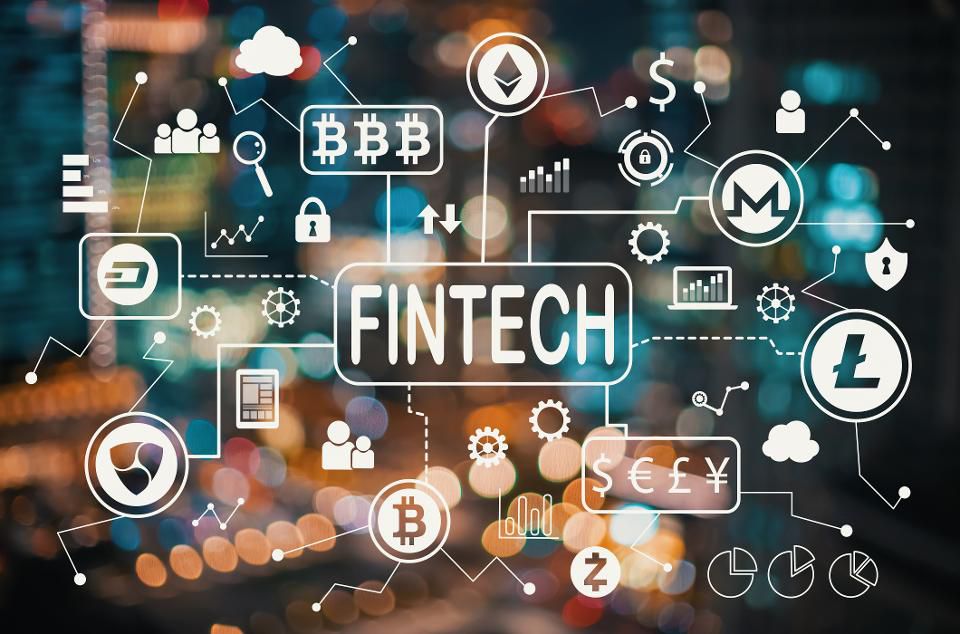
Three years ago, I blogged about three phases of FinTech. Three years later, I can expand on that theme and talk about five phases of FinTech. The five phases of FinTech are (dates are rough guide):
- Disruption (2005-2014)
- Discussion (2014-2017)
- Partnership (2017-2022)
- Integration (2022-2027)
- Renewal (2027+)
Phase One: Disruption (2005-2014)
For me, phase one began in 2005 when I heard the first firm ever talking about a platform to connect people who have money with people who need money through a software algorithm called Zopa. Some would say it started before that with PayPal (1999), but I would claim PayPal were not really envisioning FinTech but more payments online. FinTech is different for me, as it’s more about leveraging Open Finance through apps, APIs and analytics, and that did not really start until 2005, although some would say it was later as apps and the Apple Apps Store didn’t kick in until 2008.
Whatever. At some point ten years ago, FinTech began and, in that phase, most of the start-ups were talking about disrupting or even destroying the banking system. They wanted to replace banks.
That was a good idea but a bit naïve, as banks exist for a reason. They act as a regulated intermediary of trust with money. Without that regulated structure, the system would collapse. That’s why disintermediation has been talked about for years, but has never happened. You can decentralise finance as much as you want, but it will always need some form of supervision from a trusted authority. Otherwise, it just doesn’t work.
That’s why the FinTech start-up community realised they needed to work with banks, rather than replace them. Equally, the banks realised that the FinTech start-ups were doing some interesting things and so they started to talk to them, work with them, invest in them and showcase them.
Phase Two: Discussion (2014-2017)
That was the second phase of the FinTech wave, when deep discussions began, and banks did hackathons and innovation theatre. There wasn’t much really tangible connection into the banks – most would still rather build than buy or partner – but at least there was a connection.
Some would say the partnering phase began earlier, but I didn’t see any real bank-FinTech partnerships emerging until recently. Encouraged by regulatory sandboxes and seed money investments, banks are finally realising that not all FinTech start-ups are a threat and most FinTech start-ups are realising that not all banks are dumb and stupid.
Phase Three: Partnership (2017-2022)
Hence, we have moved from disrupting and destroying the banks to discussing and ideating with the banks to collaborating and partnering with the banks in a short ten years. This is where we are now. The third phase of FinTech: partnerships.
Phase Four: Integration (2022-2027)
I think it will get interesting in the next ten years therefore, as we move from partnerships to fully integrating FinTech capabilities into the banking system through Open Banking and Open APIs. This is out there under PSD2, but it’s not really out there. PSD2 has been a bit of a damp squib, with many banks resisting being open. Equally, third parties haven’t really grasped the mantle of change yet. And some would say we need a PSD3 before real change will happen.
PSD2? PSD3?
Sure. PSD2 mandates that banks must make payments data available to third parties through an Open API. PSD3 will mandates that third parties must make data available to banks through an Open API.
Phase Five: Renewal (2027+)
When we get to truly open platforms and marketplaces of APIs, apps and analytics, then we can start to fully integrate banking and FinTech and BigTech.
Finally, when that is completed, we will no longer talk about banks versus FinTech or even banking and FinTech. We will just talk about finance over the network, as it will be fully integrated as one seamless, frictionless system, internet-enabled, global and real-time.
I cannot wait.
Chris M Skinner
Chris Skinner is best known as an independent commentator on the financial markets through his blog, TheFinanser.com, as author of the bestselling book Digital Bank, and Chair of the European networking forum the Financial Services Club. He has been voted one of the most influential people in banking by The Financial Brand (as well as one of the best blogs), a FinTech Titan (Next Bank), one of the Fintech Leaders you need to follow (City AM, Deluxe and Jax Finance), as well as one of the Top 40 most influential people in financial technology by the Wall Street Journal's Financial News. To learn more click here...

